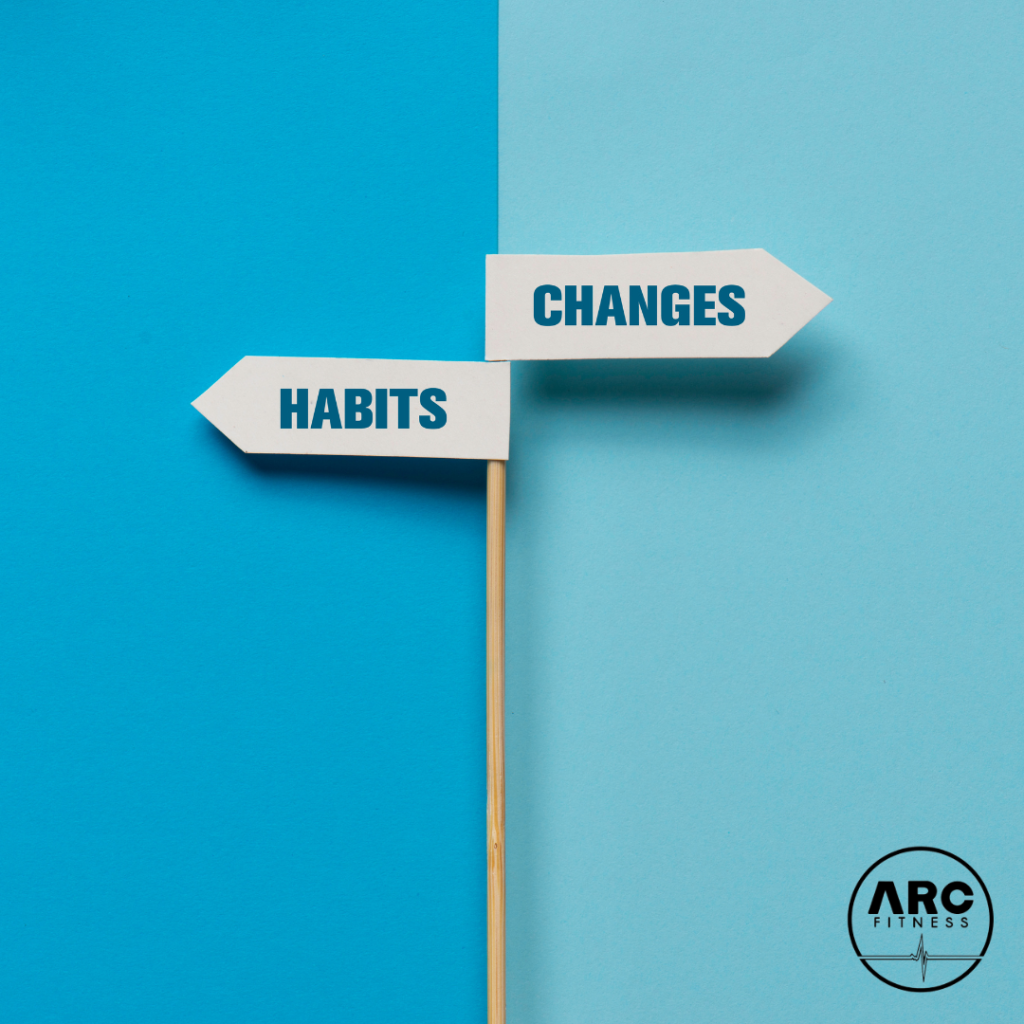No products in the basket.
Arc Fitness
The Stages of Change – Understanding Change
Action: Understanding Change
In this pivotal stage, the individual has taken the decisive step towards change. They are actively engaged in a multifaceted process aimed at bringing about transformation in their life, particularly regarding substance use. This is where the real magic unfolds, as the person starts making concrete changes in various aspects of their life. They begin by addressing their immediate environment, altering social circles, and redefining daily routines. These changes are the building blocks of their journey to recovery.
As a supporter, your role becomes even more crucial during this phase. Rewarding and positively reinforcing the individual’s newfound behaviours and activities are essential to bolster their commitment. Typically, substantial progress is achieved over the span of 3-6 months, marking a significant turning point in their recovery journey. However, it’s vital to remain vigilant for potential relapse triggers, such as the temptation to reconnect with drug or alcohol-using peers or revisit familiar, potentially triggering locations.
One of the key elements in this stage is the augmentation of the individual’s social recovery capital. Encouraging them to become actively involved in recovery communities can be transformative. Here’s what this stage encompasses:
– Developing a Plan: This involves creating a well-thought-out strategy to guide their journey towards change. It may include setting specific goals, identifying potential obstacles, and outlining steps to overcome them.
– Changing Behavior: The individual actively seeks to modify their behaviour patterns. This may involve breaking free from old habits, adopting healthier routines, and embracing new, constructive behaviours.
– Seeking Professional Help: Recognising the need for expert guidance, the individual may seek professional assistance or engage with existing resources to enhance the effectiveness of their recovery plan.
Maintenance
In this stage, sustained change takes root as the individual’s new behaviours gradually replace the old ones. They are not only embracing change but also actively working to maintain it. This involves the implementation of strategies designed to safeguard their progress and minimize the risk of slipping back into old habits.
Throughout this phase, they may encounter lapses, moments when they are exposed to tempting situations but manage to resist a full relapse. This demonstrates their growing confidence and a burgeoning array of interests beyond drugs or alcohol, which they genuinely enjoy.
Emotions can become especially intense during this time. The positive emotions they experience can be exhilarating and highly encouraging, but the sudden return of low emotions can be emotionally crushing. Recovery often resembles a roller coaster ride, with emotions gradually stabilizing as they work their way back to normalcy. It’s worth noting that the emotional fluctuations can catch them off guard and potentially trigger a relapse.
Two central aspects of this stage are:
– Making Long-Term Life Changes: This entails not merely adhering to the changes initiated in the action stage but also striving to integrate them into a sustainable, long-term lifestyle. It involves reshaping various aspects of life, such as relationships, habits, and daily routines, to consolidate the progress achieved.
– Shifting Focus to a “Recovery” Lifestyle: Rather than solely concentrating on refraining from old behaviours, the individual begins to embrace a holistic “recovery” lifestyle. This includes nurturing a supportive network, fostering personal growth, and cultivating a sense of purpose beyond addiction.
Relapse
In this phase, the individual encounters a formidable challenge as they regress into old patterns of behaviour, a situation commonly known as relapse. It’s a phase that often carries a sense of dread and is rarely discussed openly. However, it’s essential to understand that relapse should not be viewed as a failure in their recovery journey but rather as a valuable learning experience.
Relapse occurs when individuals temporarily lose sight of their recovery goals and, unable to cope with current stressors, resort to substance use instead of seeking help. It is crucial at this juncture to recognize the individual’s position in the cycle and offer support to guide them back to the action stage. The longer they remain in this stage, the more challenging it becomes to regain their footing in the maintenance stage.
Relapse can manifest in various ways, including:
– Repeating Unwanted Behaviors: Returning to the very behaviours they are trying to change.
– Engaging in Different but Equally Problematic Behaviors:** Substituting one harmful behaviour with another.
– Feeling Shame About Behavior: Experiencing profound guilt or remorse regarding their actions.
Remember to approach each stage with patience and consistently remind the individual of the progress they’ve made.
Summary
The Stages of Change framework provides a comprehensive outline of the process that most individuals undergo when seeking to make significant changes in their substance use. It’s important to recognize that successful self-changers often traverse these stages multiple times, occasionally experiencing setbacks along the way. These setbacks, or slips, offer valuable opportunities for learning and growth.
While every person’s journey to sobriety is unique, the fundamental steps outlined in this framework remain consistent. Effecting profound change and maintaining it is a formidable challenge. Many clinical programs for behaviour change, spanning from smoking cessation to addiction recovery, incorporate these stages as essential components of their approach.
The Stages of Change framework is not a treatment method in itself; rather, it serves as a behavioural model to help individuals understand and navigate the essential steps required for transformation. Making a major change and ensuring it endures is no easy feat, but with the right support and understanding of these stages, individuals can embark on a path towards lasting recovery.

